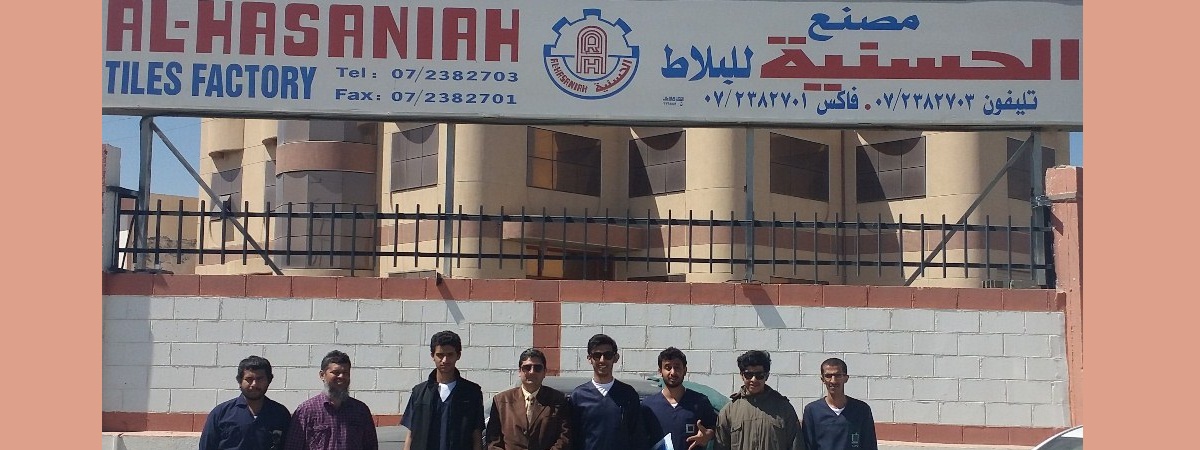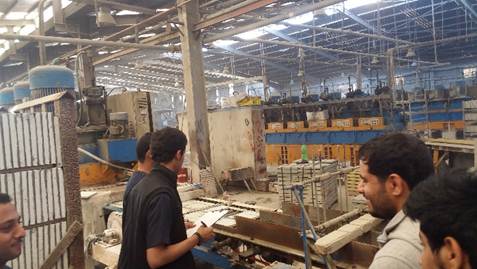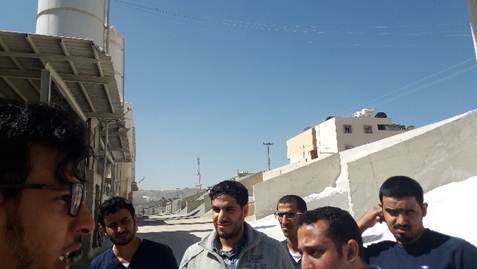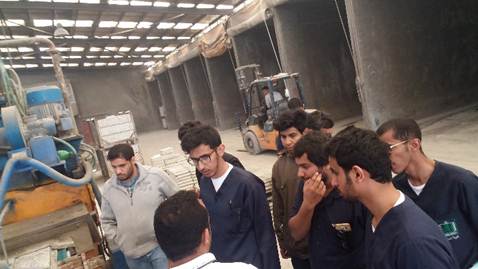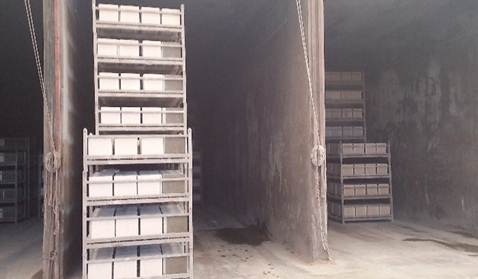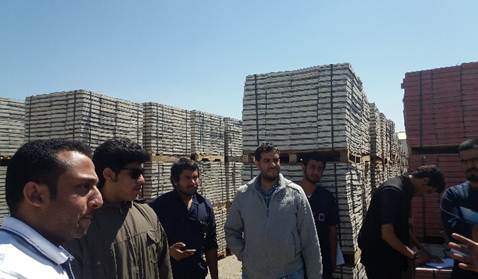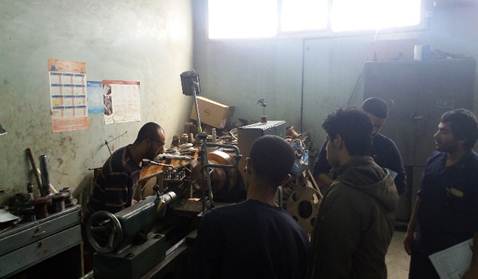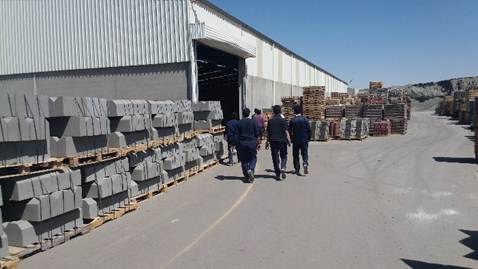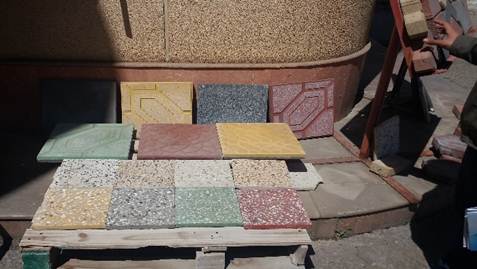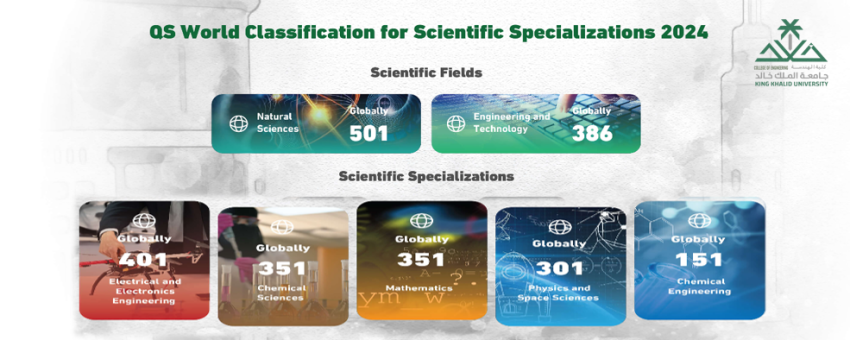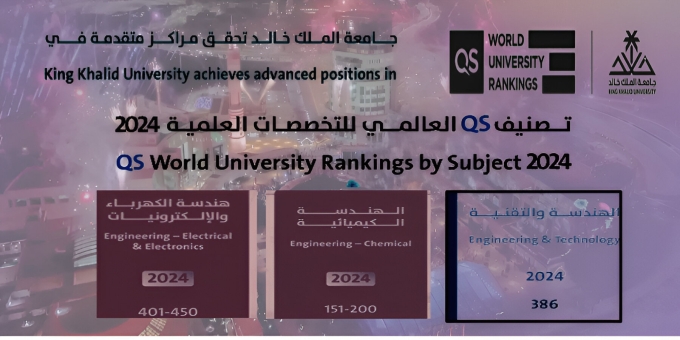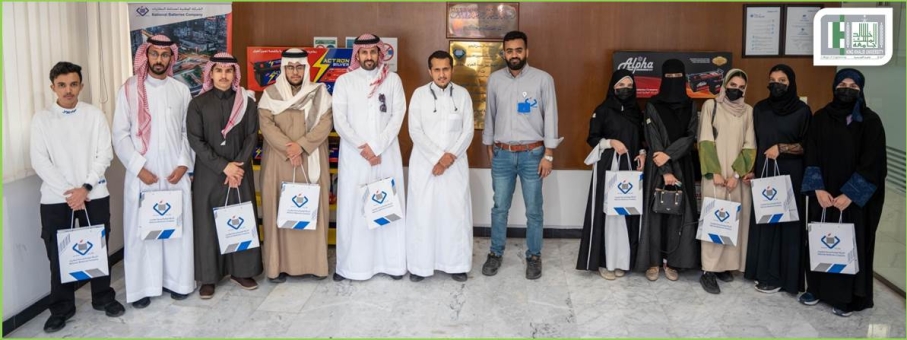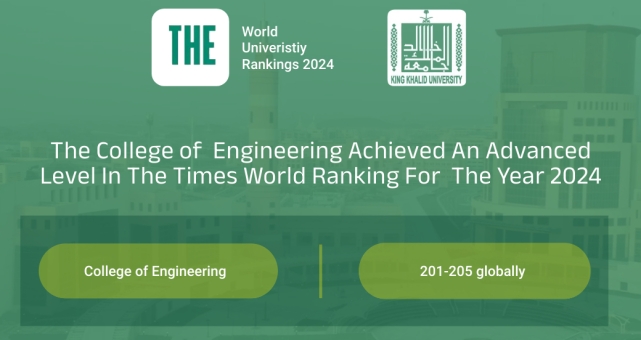Based on the keenness of the College of Engineering at King Khalid University - represented by the Training Unit - to perfect and develop its outputs and link them to the labor market and for its male and female students to receive the best quality and distinguished learning methods, a number of college students, under the supervision of the head of the Training Unit, Dr. Dhafer Ali Alqahtani, coordinated a field visit. The students visited Al Watania for industries and Tasnee factory in Riyadh on Wednesday and Thursday, November, 22-23, 2023. The visit aims to acquaint the students with the technologies that fall within their specialization and are used in the Al watania for Industry (its plastic and container manufacturers) and Tasnee (the battery factory), which allowed the college students to learn about the nature of factory work by meeting with the engineers working in the factories.
The visit began with a visual presentation of the factories’ parts and components, the developments that took place in them from their inception until today, and what are the security and safety precautions. This visit included a field tour of the factory facilities and their effective contribution to the latest technologies and quality of production in the field of plastics, containers and batteries. An open meeting was also held to discuss and answer students’ inquiries related to factory operations and technologies. At the end of the visit, the college employees expressed their thanks to the representatives of the factories for the warm reception, and the efforts they made to make this visit a success, which comes within the cooperation and constructive interaction between the universities with the governmental and private sectors in the field of industry to link the theoretical reality with the practical and applied, because of its great positive impact and great benefit to its graduates and graduates of the College of Engineering.



